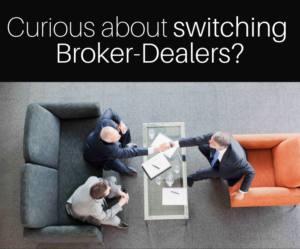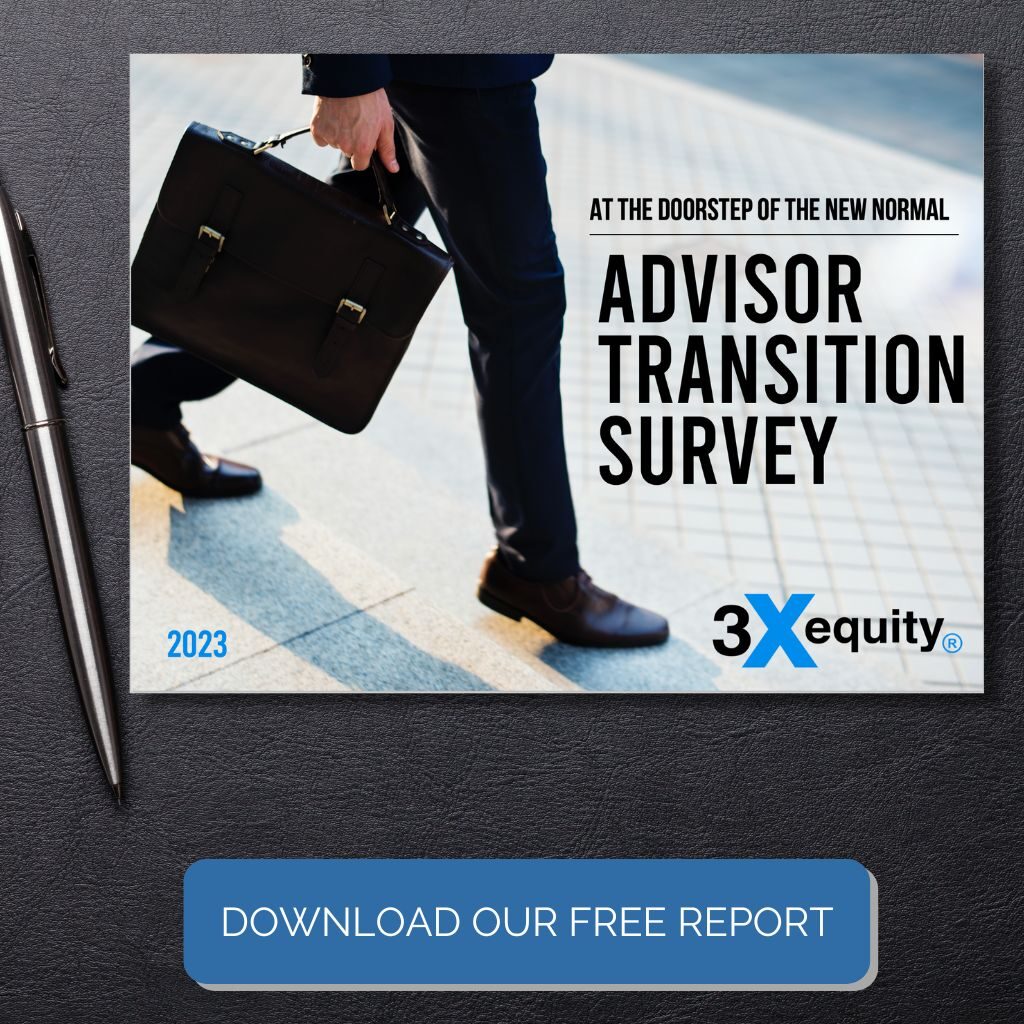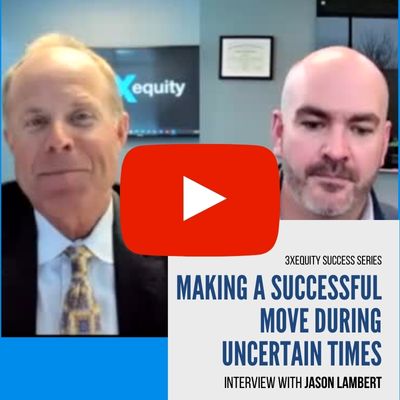1. Who Owns the Client: The Advisor or the Broker-Dealer?
Understanding client ownership is crucial. If the broker-dealer owns the client relationships, transitioning away in the future might be more complicated. Ensure you have clarity on this to maintain control over your book of business.
2. When Was the Last Time the Broker-Dealer Changed the FA Compensation Plan?
Frequent changes to the compensation plan can indicate instability and affect your income. Investigate the history and frequency of these changes to ensure your financial stability.
3. How Many Practices Did the Broker-Dealer Bring In Over the Past Year?
A broker-dealer that successfully attracts and retains numerous practices may indicate a supportive environment. However, delve into why those practices moved and how well they have integrated.
4. How Successful Have Prior FAs Been in Bringing Over Their Assets to the New Broker-Dealer?
The ability of financial advisors to transfer the majority of their assets can speak volumes about the broker-dealer’s support and the ease of transition. This metric is vital for assessing potential disruptions to your business.
5. How Long Has the Current CEO Been in Their Position?
Stability in leadership often translates to stability within the company. A long-tenured CEO may indicate consistent vision and strategy, which can be beneficial for your long-term plans.
6. What Was the Most Recent Enhancement the Broker-Dealer Made to Improve the FA Platform?
Continuous improvement of the FA platform suggests a commitment to providing advisors with the best tools and resources. Look for tangible improvements that can directly benefit your practice.
7. Has There Been a Recent Platform Improvement for Clients?
Client-facing improvements can enhance your service offering and client satisfaction. Ask about recent upgrades and how they impact the client experience.
8. Does the Broker-Dealer Brand/Promote the FA or the Broker-Dealer?
Knowing whether the broker-dealer prioritizes your brand or their own can affect your marketing and client relationships. Ensure their branding strategy aligns with your personal and professional goals.
9. Will the Broker-Dealer Show You a Live Tech Demo (Not Screenshots)?
A live tech demo can give you a better understanding of the tools and platforms you’ll be using daily. Insist on seeing the technology in action to assess its functionality and user-friendliness.
Additional Considerations:
10. What Is the Broker-Dealer’s Financial Stability and Credit Rating?
Understanding the financial health of the broker-dealer can provide peace of mind about their long-term viability. Check their credit ratings and financial reports.
11. What Level of Support and Training Is Available During and After the Transition?
Support and training can make a significant difference in how smoothly you can transition your practice. Evaluate the resources available to you.
12. Are There Any Hidden Fees or Costs Associated with the Transition?
Hidden fees can erode your earnings and create unexpected financial strain. Ensure you understand all costs involved in the transition process.
13. How Customizable Are the Broker-Dealer’s Technology Solutions?
Customization options can help tailor the platform to fit your specific business needs. Check for flexibility in their tech solutions.
14. What is the Broker-Dealer’s Reputation in the Industry?
A broker-dealer’s reputation can affect your practice’s credibility and client trust. Research industry reviews and feedback from other advisors.
15. What Legal or Regulatory Issues Has the Broker-Dealer Faced Recently?
Past legal or regulatory issues can be red flags. Investigate any recent problems to avoid potential risks associated with compliance or ethical standards.
At 3xEquity, we are the authority on advisor transitions, working with advisors just like you to not only secure multiple offers but to understand and evaluate those offers to help you identify your best fit.





